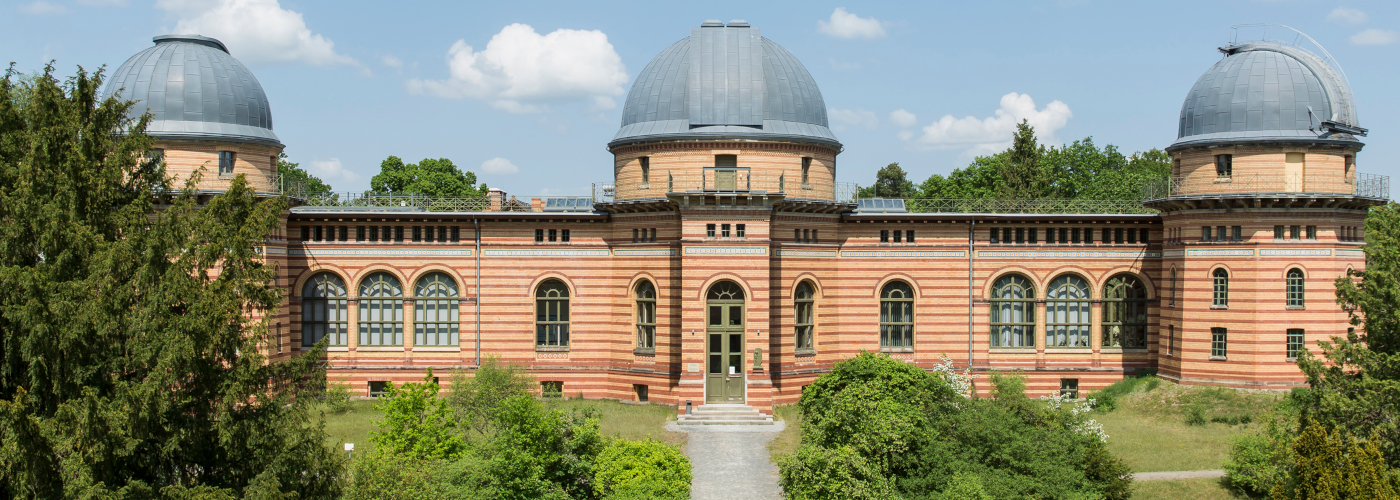Advancing the scientific frontier on inter-disciplinary climate impact research for global sustainability and contributing knowledge and solutions for a safe and just climate future – this is the twofold mission of the Potsdam Institute for Climate Impact Research (PIK), a member of the Leibniz Association and a leader in its field. We integrate the latest understanding of the Earth system with the assessment of climate risks, and with the exploration of policies and pathways towards a manageable climate future. A guiding framework for PIK's research is therefore the integration of Planetary Boundaries and Global Commons. The institute in a unique way combines research across disciplines and scales with solution orientation, emphasizing that societal relevance is based on scientific excellence.
With its nearly 500 staff from all over the world, PIK contributes knowledge to the global scientific community by way of publications in high-ranking peer-reviewed international journals and engagement in numerous partnerships and networks. Its main methods are integrated and complex systems analysis and data integration; numerical simulations are run on our own super computer. The institute also actively provides insights to decision-makers in policy, business, and society as a whole. This is science – for a safe tomorrow.
PIK was founded in 1992 and is a non-profit organization. The constitutional organs are the General Assembly, the Board of Trustees, the Board of Directors and the Scientific Advisory Board. On the 01.01.2025 PIK had 474 employees, of whom 378 were scientists and 96 were support staff.
PIK is a member of the Leibniz Association. The basic funding is provided by grants from the Federal State of Brandenburg together with the Federal Government and the other states. In 2023, the institute received around 14.5 million euros in institutional funding. Additional project funding from external sources amounted to around 19.1 million euros.
As an independent, non-profit research institute, the Potsdam Institute for Climate Impact Research also advises the German Bundestag and the German government. All advice is based on our research. Since November 2024, PIK has been listed in the German Lobby Register. This means that we are committed to the code of conduct of the Lobby Register. You can find us with the registration number R007117 here.
Research at PIK is organized in five interdisciplinary Research Departments. The Executive Staff, Administration and IT-Services support the scientific activities.
Research Departments:
Earth System Analysis
Climate Resilience
Transformation Pathways
Complexity Science
Climate Economics and Policy






